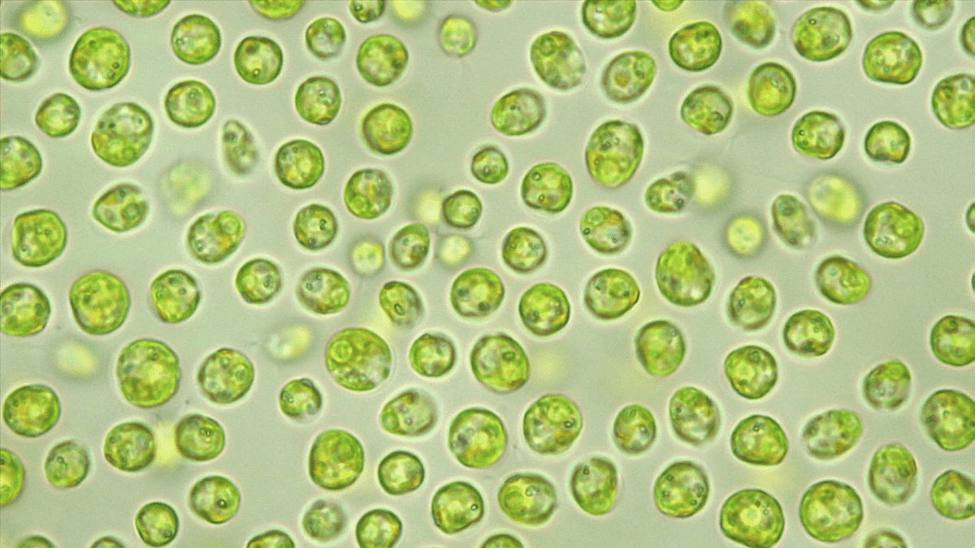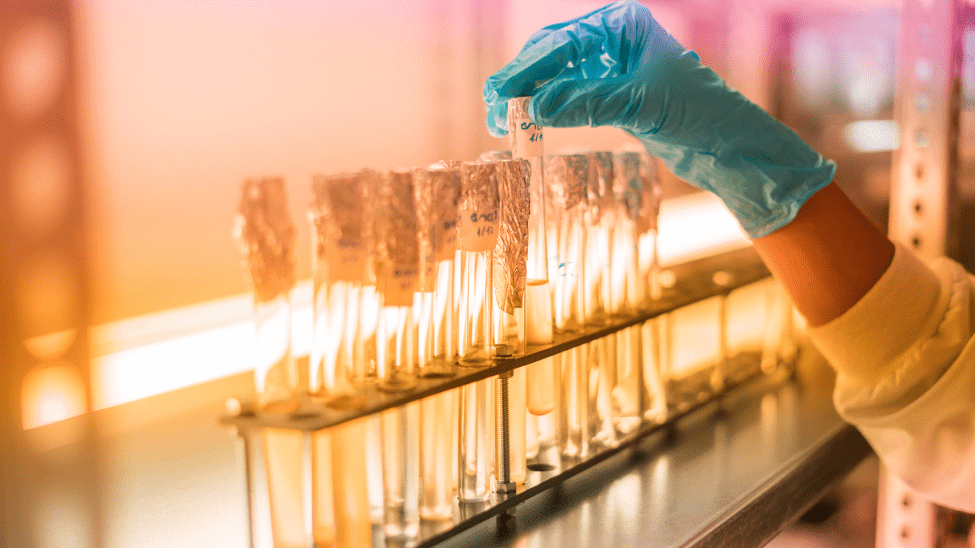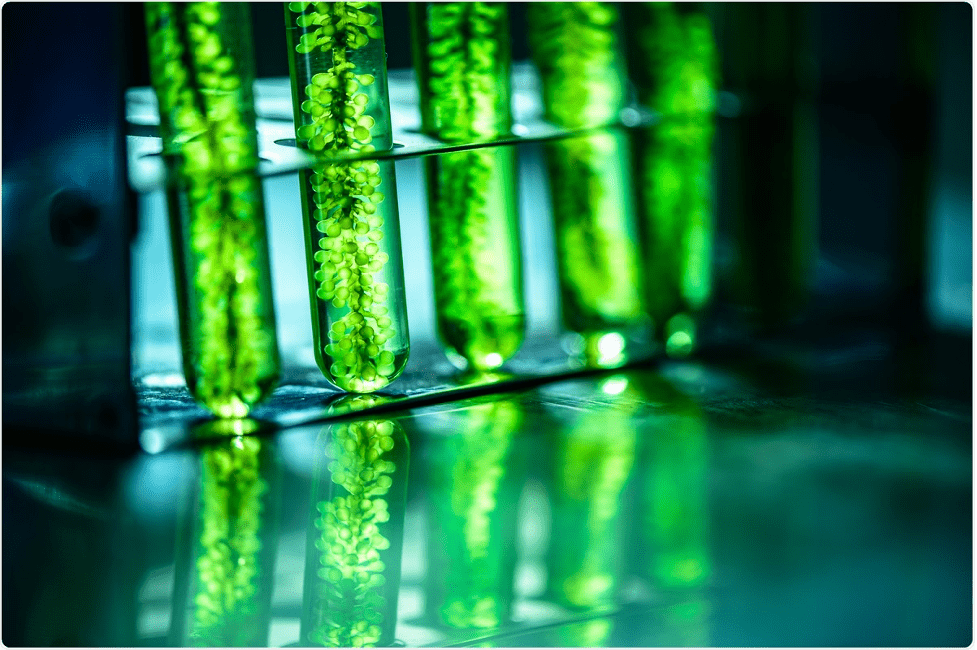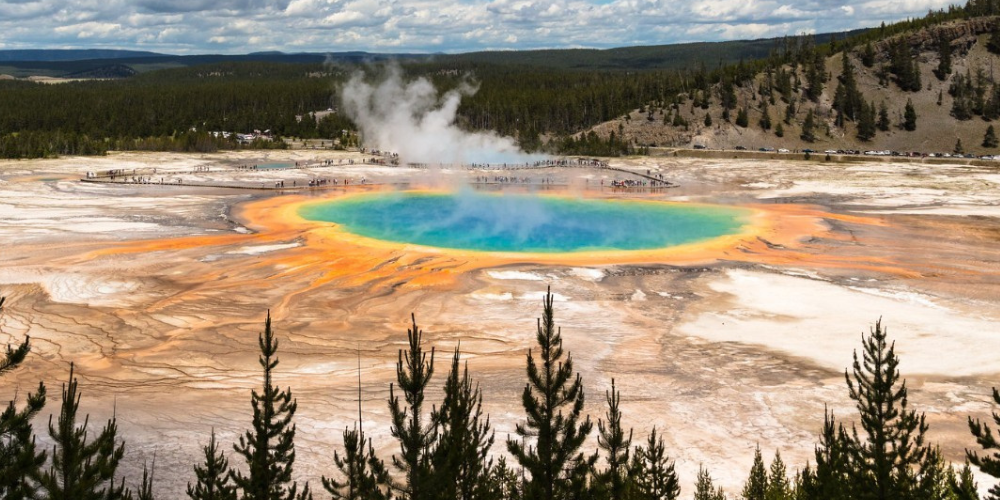Albert Einstein once talked about how experience is knowledge, meaning the more you experience in life, the more knowledge you retain. While humans have been on the earth for a couple hundred million years, some organisms have been residing here since long before. What has allowed them to adapt over the years and sustain themselves for millions of years?
Surely, these organisms may have some good amount of experience and obviously, knowledge. So the question arises, can humans take some wisdom from algae and put it to good use? If so, what can scientists expect to find?

Alliance for Science | How can something so small do so much?
Talking Microalgae
Microalgae, as suggested by their name, are so small that they are invisible to the naked eye. They are usually found in freshwaters; either in the water or in the deposits found on the water bed. Since they are unicellular species, they are found existing either in chains, groups, or even individually. So, to get a hold of their treasured pieces of knowledge, scientists need to figure out a way to speak their language, derive out the important information, and use it for the betterment of society.

Natural Ingredients Asia | Microalgae cleans wastewater and produces bioenergy but can it replace fossil fuel?
What’s So Special About Microalgae?
Microalgae has taken their good time adapting to the earth’s changing dynamics, yet they continue to thrive. This is because of their hundreds and million years of evolution which resulted in them upgrading genetically and developing a biochemical skill set that allows them to survive even in the harshest of conditions – even the Dead Sea which has a crazy high salt content.
Over the years, scientists have worked tirelessly to make use of microalgae and yes, they’ve been successful. Microalgae is being used in food and nutrition for many years. In the early 2000s, moreover, the true potential of microalgae was discovered when researchers discovered their ability to produce biofuel. However, recently scientists have come across something that can be the key to the knowledge of microalgae: light.

News Medical | Microalgae might be able to create antiviral compounds that can beat the novel virus
Light is the primary medium with which microalgae interacts and decades of research has concluded that light has a great influence on the organism, both to simulate or stunt its growth. So, light could be the language to communicate with the microalgae. Bio-manufacturers needed to find a way to use microalgae’s connection with light, which was impossible until LED technology was introduced. This technology can easily provide an advanced photo-bioreactor for microalgae.
Does that mean scientists just might be able to break into microalgae’s vast knowledge? We don’t know about you but we’ve got our fingers crossed.




